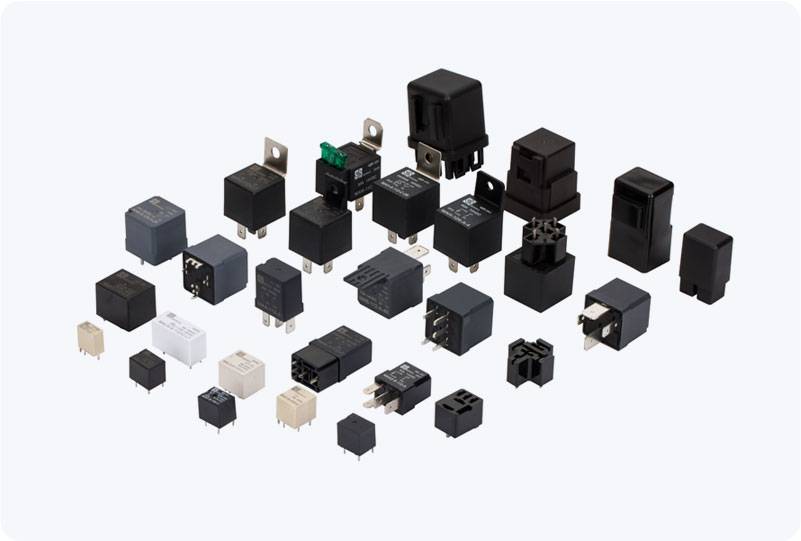understanding ieee standards for industrial relays: ensuring reliability and safety in power systems
Release time:2025-09-21 11:48:58
Industrial relays play a vital role in modern electrical power systems. They are designed to monitor and control the operation of electrical circuits, protecting equipment from faults such as overloads, short circuits, and other electrical issues. Given their critical function, the performance, reliability, and safety of industrial relays must adhere to stringent standards. The IEEE Standards for Industrial Relays provide essential guidelines that ensure the effective and safe operation of relays in industrial applications.

The Importance of IEEE Standards for Industrial Relays The Institute of Electrical and Electronics Engineers (IEEE) is a global authority in electrical and electronic standards, and its guidelines have shaped the development and implementation of relays in various industries. The IEEE standards for industrial relays primarily focus on ensuring that relays can withstand electrical disturbances, operate effectively under fault conditions, and provide reliable protection to electrical systems. These standards are essential for safeguarding both personnel and equipment. The IEEE standards for industrial relays are comprehensive, addressing various aspects of relay operation, including surge withstand capability, fault tolerance, and environmental conditions. These guidelines help manufacturers design relays that are robust enough to handle the challenges presented by modern electrical systems.

